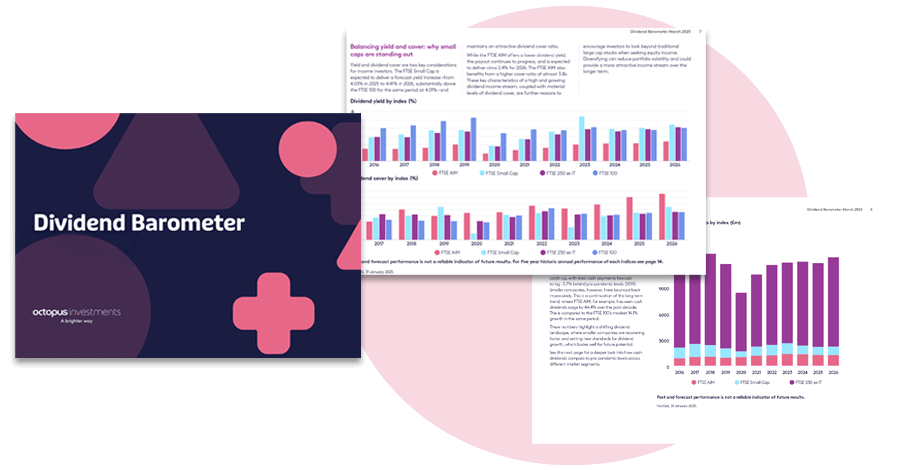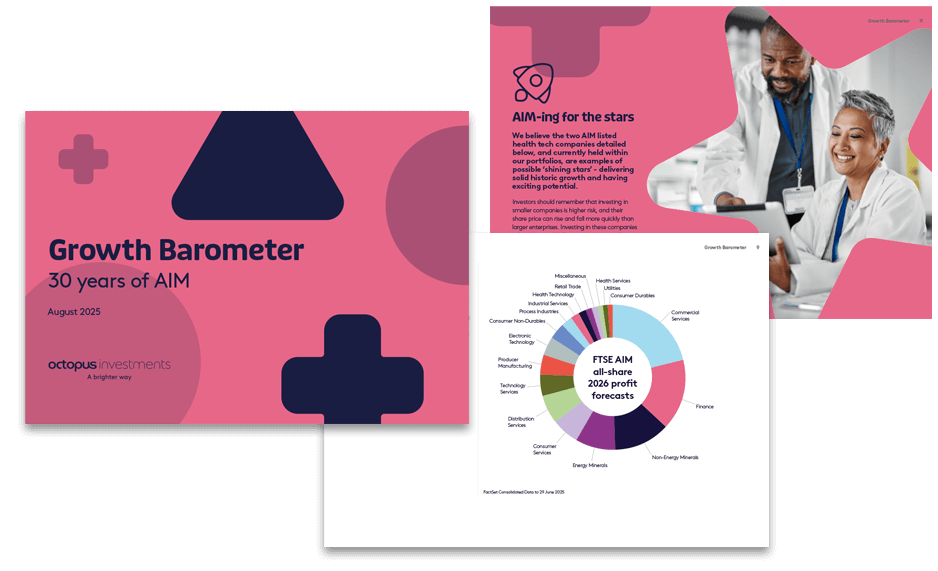Inheritance tax calculator
How it works
With upcoming inheritance tax (IHT) reforms, advisers need extra support.
Our updated calculator, reflecting the 2024 Autumn Budget changes, helps you estimate your client’s potential IHT liability by considering their total estate including savings, investments, property and other assets, as well as the impact of lifetime gifts.
More importantly, it lets you explore IHT outcomes based on an estimated date of death which makes it easier to see how the timings of legislative changes could affect the potential overall IHT liability. In particular the pension changes in April 2027 and Business Relief changes in April 2026.
Things to bear in mind
Inheritance tax can be a complicated topic and this calculator is intended to help you understand some of the key areas. It has been prepared in good faith and is based on our understanding and interpretation of the current law.
Keep in mind that specific circumstances that are outside of the scope of this calculator may result in different levels of inheritance tax being due. Also bear in mind that legislation may change in the future.
Key risks
Capital is at risk
The value of an investment, and any income from it, can fall as well as rise. Investors may not get back the full amount they invest.
Tax relief can’t be guaranteed
Tax relief depends on the companies invested in maintaining their BR-qualifying status. Tax treatment depends on individual circumstances and tax rules could change in the future.
Volatility and liquidity
The shares of AIM-listed and unlisted companies could fall or rise in value more than shares listed on the main market of the London Stock Exchange. They may also be harder to sell.
BR is assessed on a case-by-case basis
We cannot guarantee that the investments we make will qualify for BR in every case in the future. HMRC will only conduct a BR assessment after the death of an investor, to confirm whether the companies invested in qualify for BR at that time.
Notes and assumptions
- The maximum nil-rate band (NRB) today is: £325,000
- The maximum residence nil rate band (RNRB) today is: £175,000
- It is assumed that any new BR investment is held for 2 years at the time of the estimated death date.
- This calculator does not take into account house-price growth over time or rising investment values. On this basis, you may expect your inheritance tax liability to increase over time.
- This calculator is designed to be easy to use, and as such it cannot cater for detailed scenarios such as agricultural property relief (APR), the RNRB available in the event of downsizing, lifetime gift cumulation rules, taper relief or income tax on any pension drawdown. It is intended to be a starting point when looking at your personal situation.
- If you calculated multiple different scenarios and didn’t refresh the web page before starting each one, the results displayed above may not be correct.
- This calculator assumes agricultural property relief assets are not held.
- Please note that from 6 April 2026, 100% Business Relief (BR) on unquoted BR-qualifying investments will be capped at £1 million. Qualifying assets exceeding this £1 million limit will then attract 50% relief.
- Additionally, from 6 April 2026 investments in AIM inheritance tax portfolios are expected to qualify for 50% inheritance tax relief.
- From 6 April 2027, any unused pension savings will be considered part of the estate for inheritance tax (IHT) purposes.






